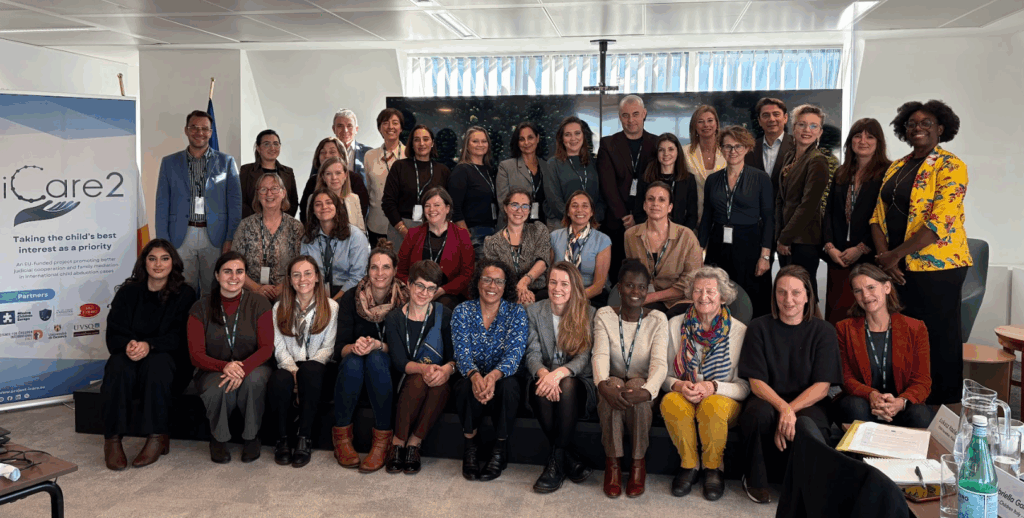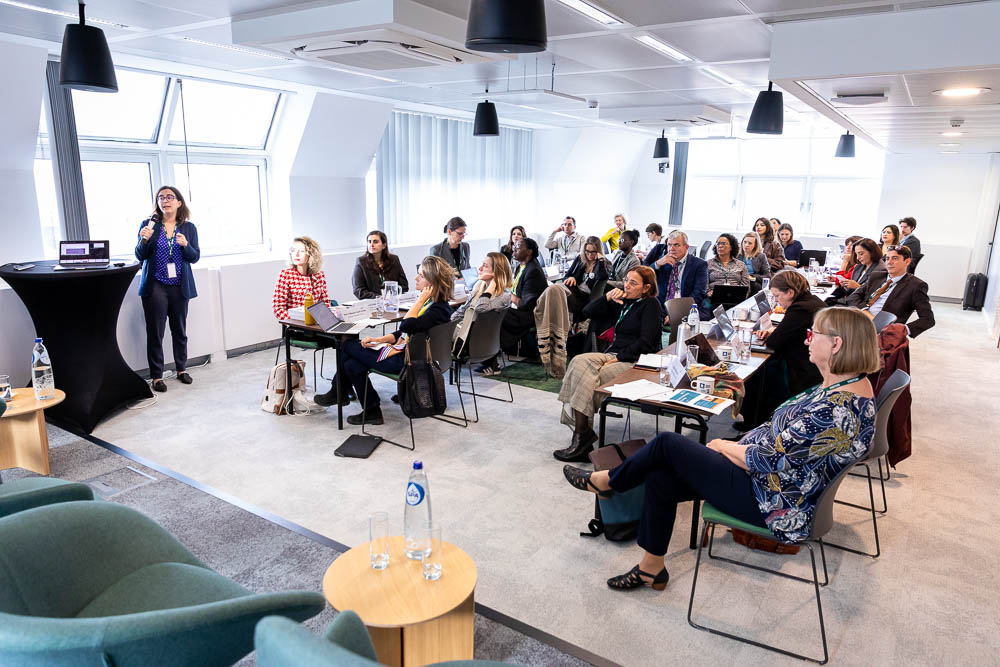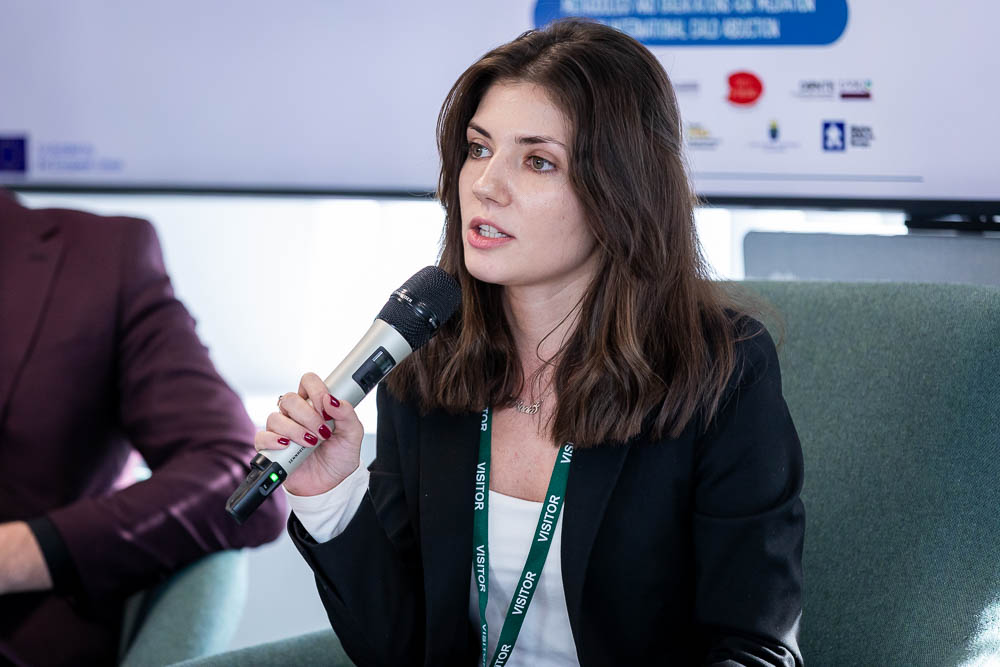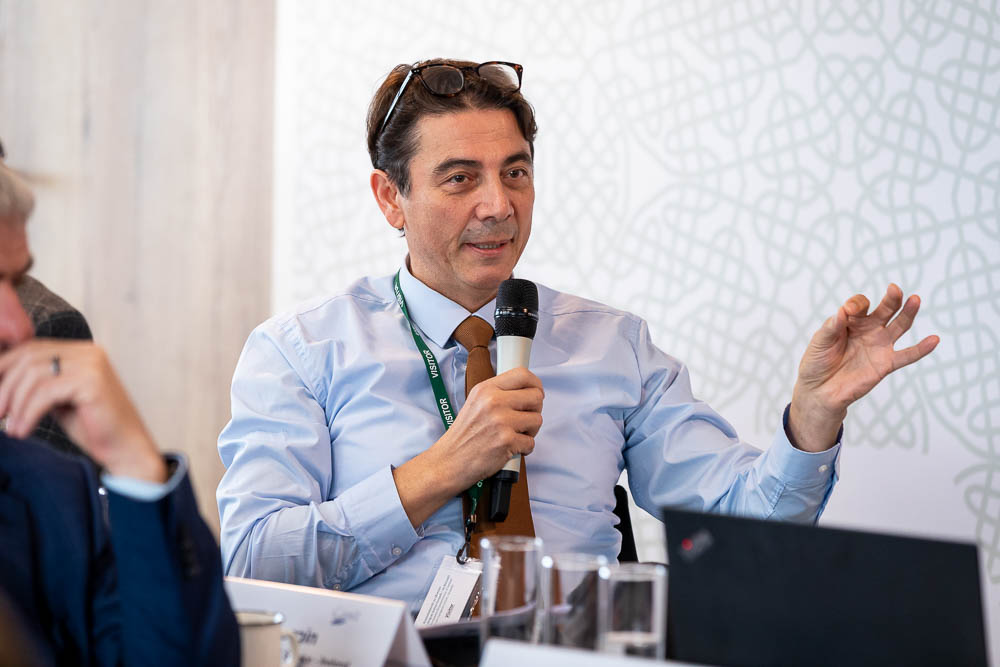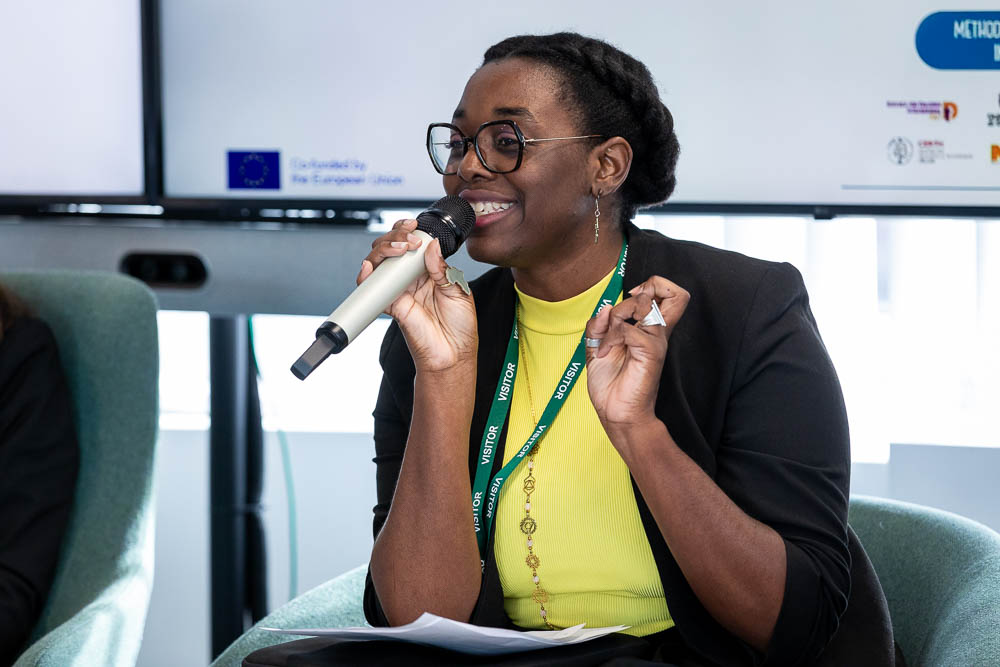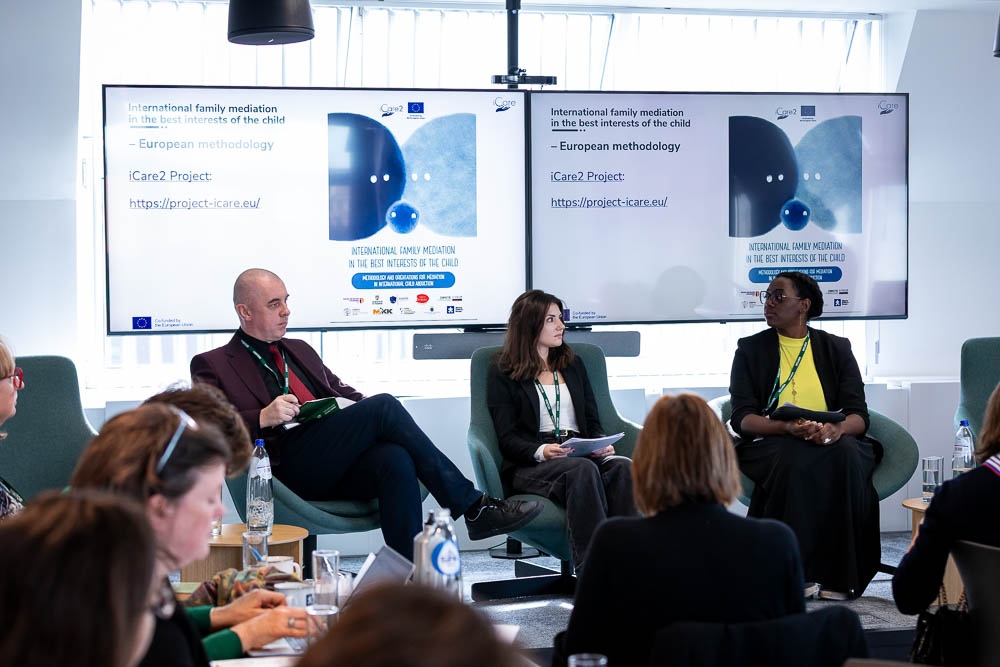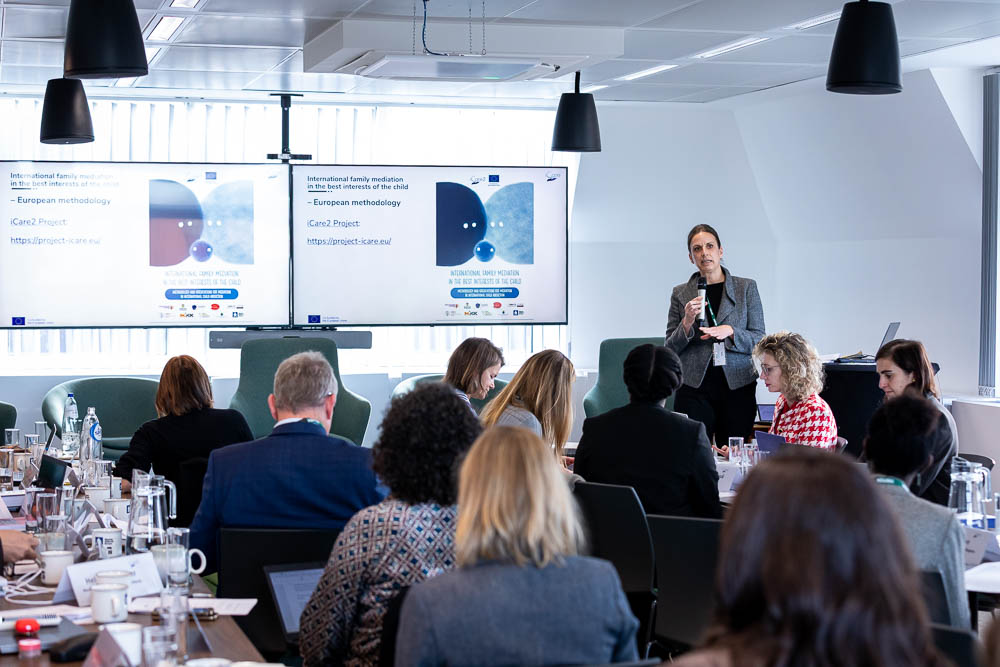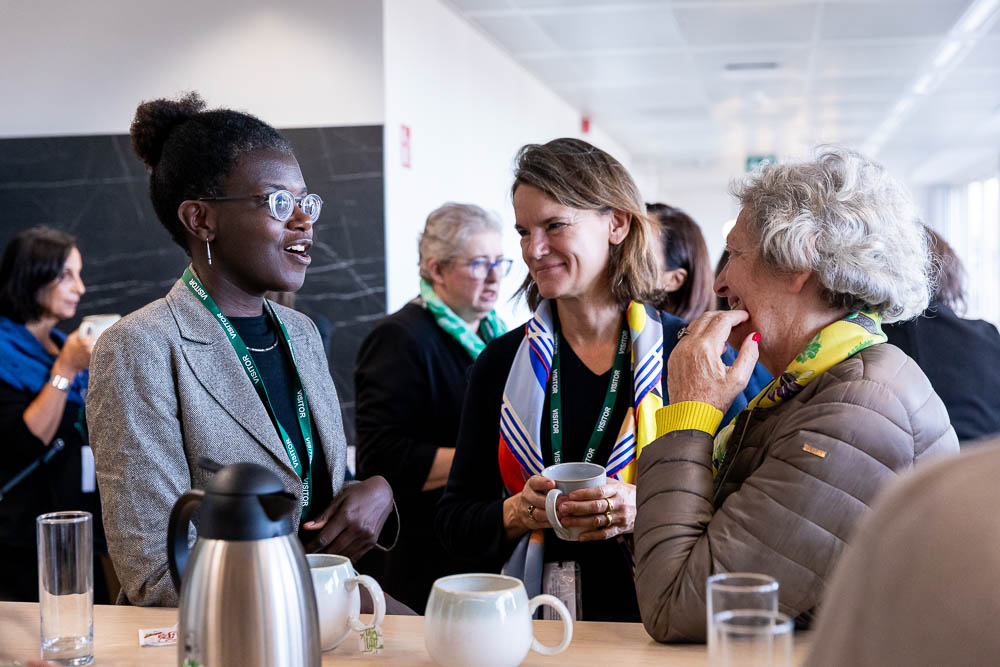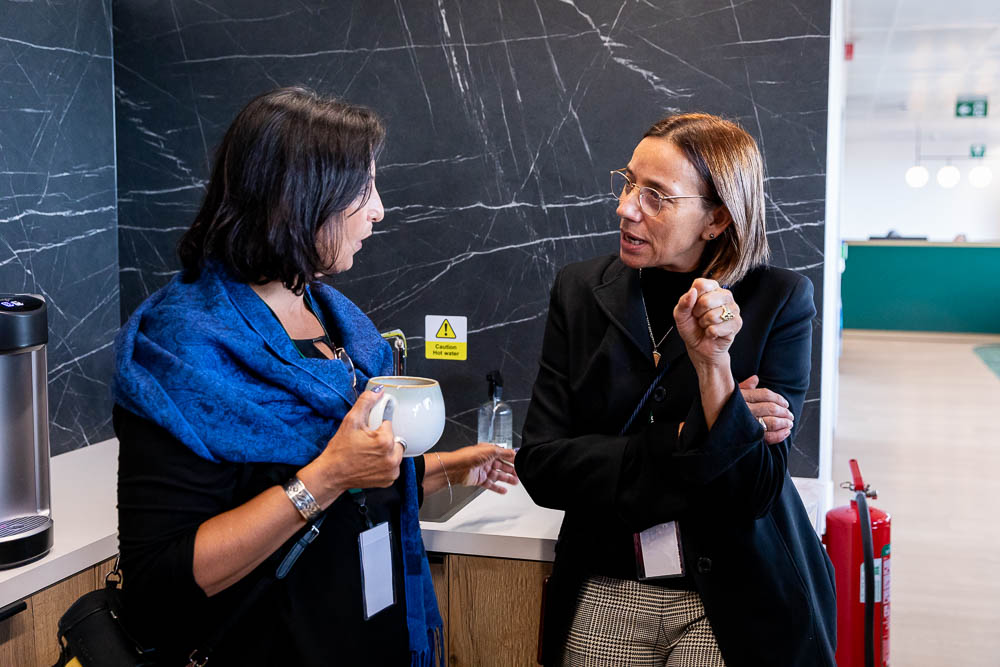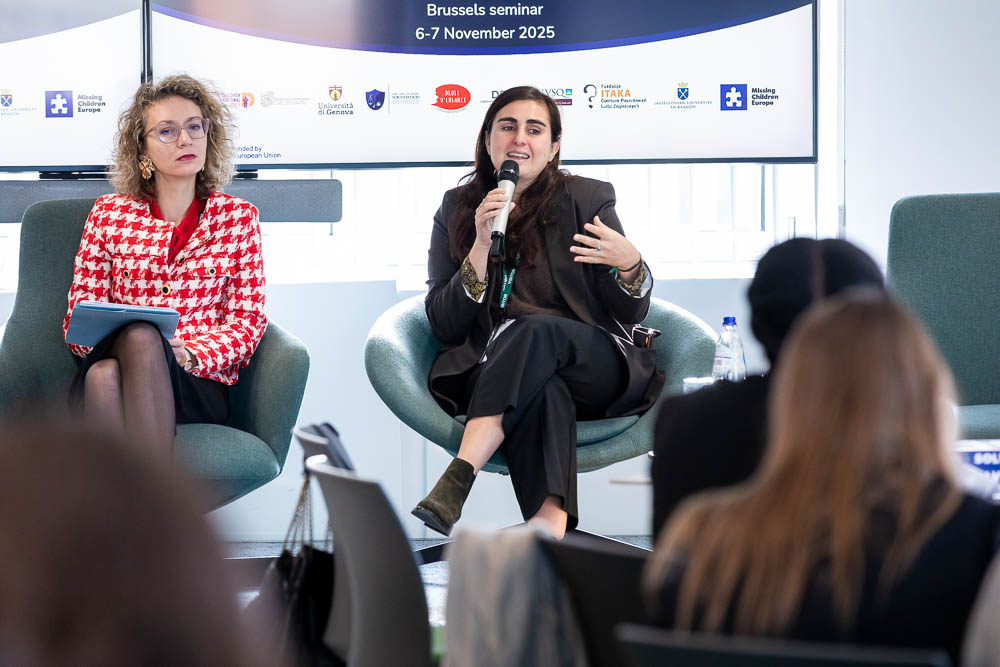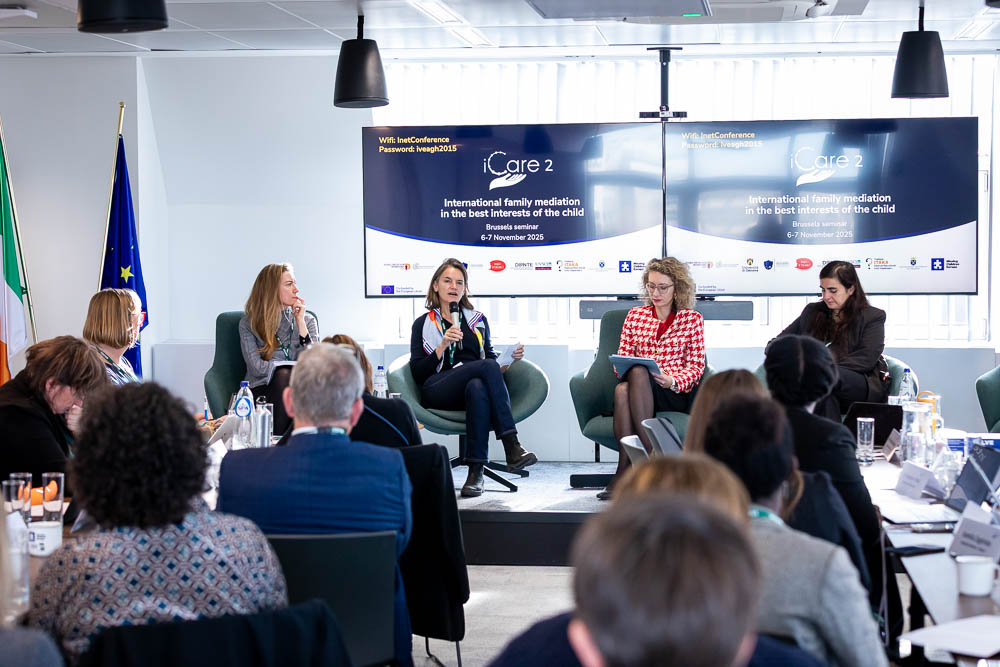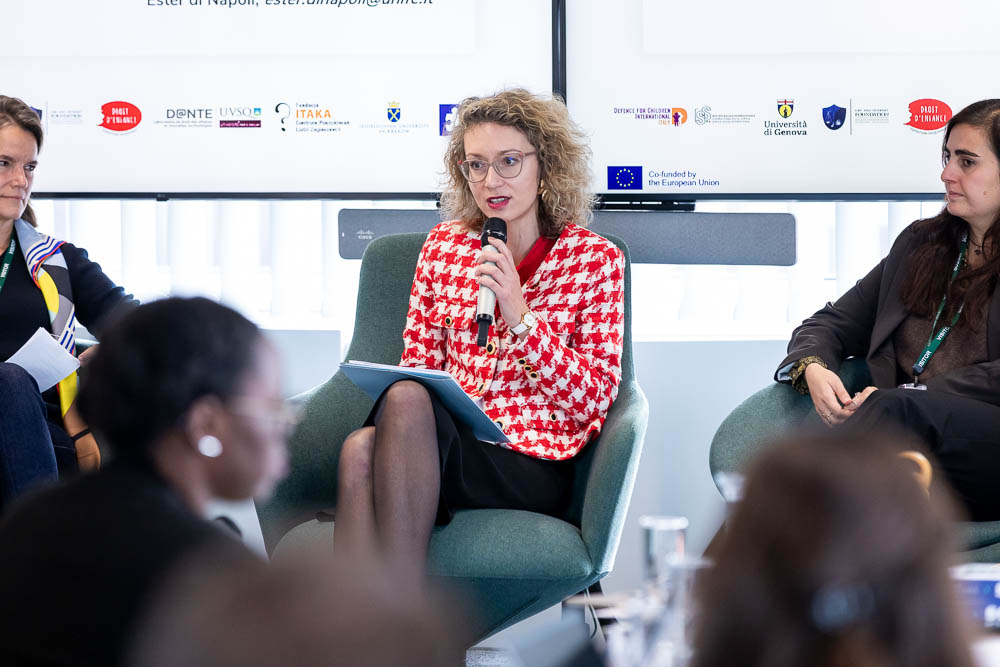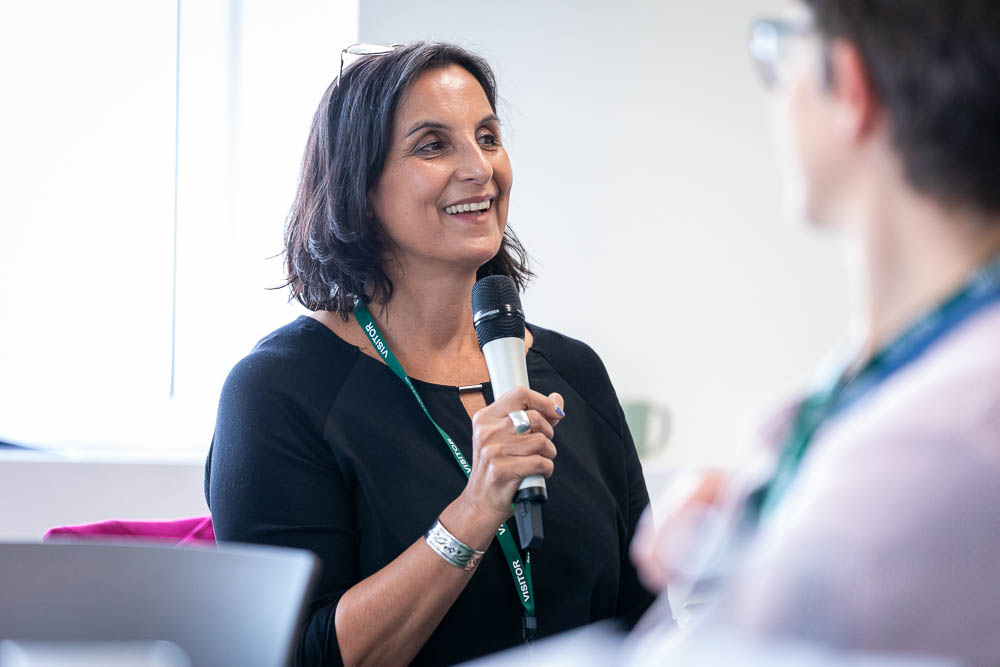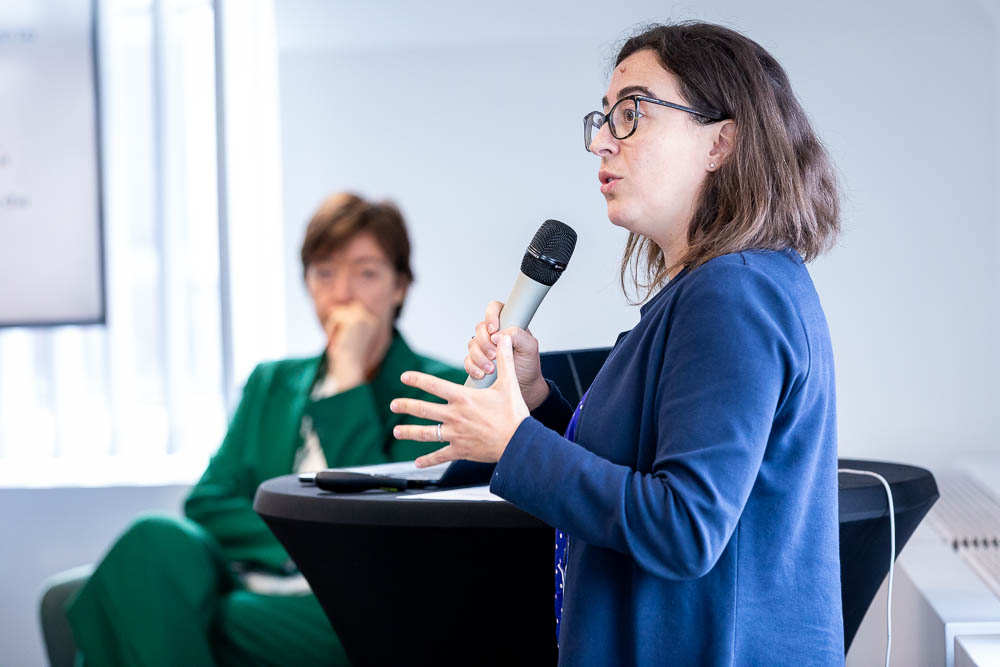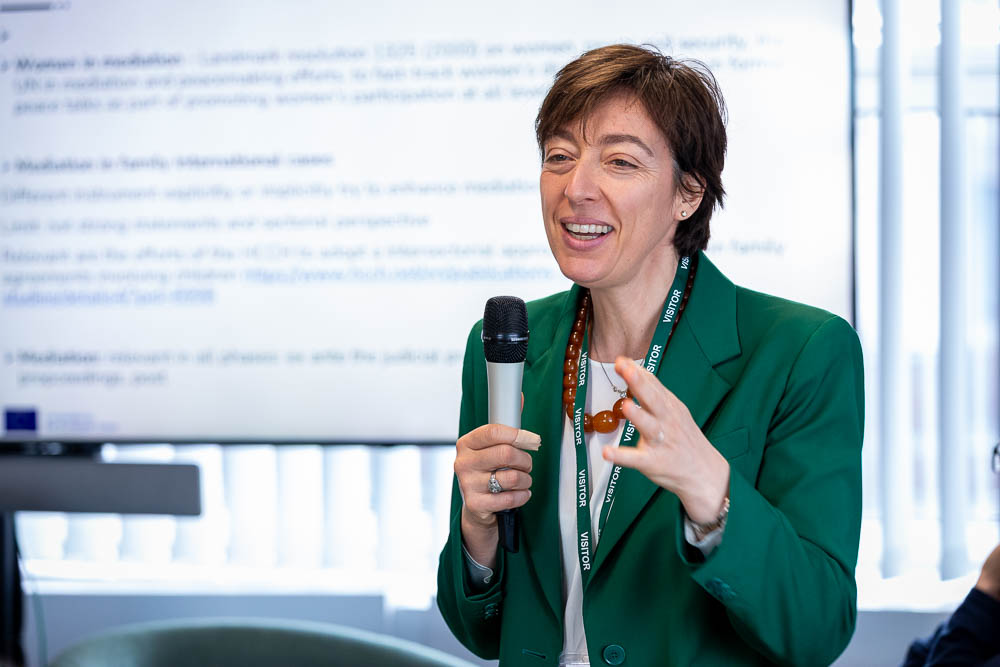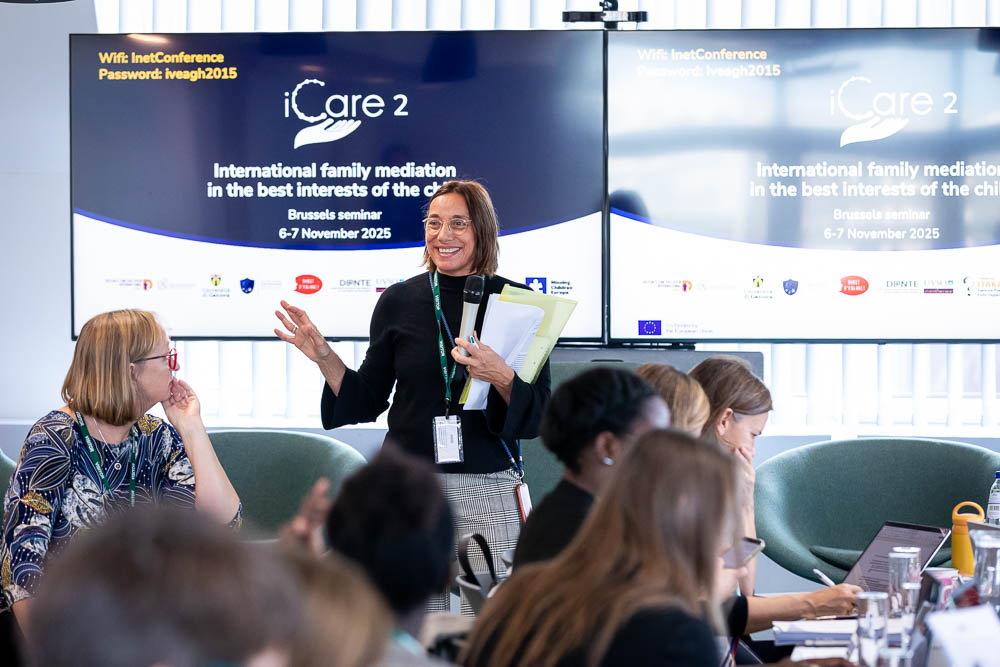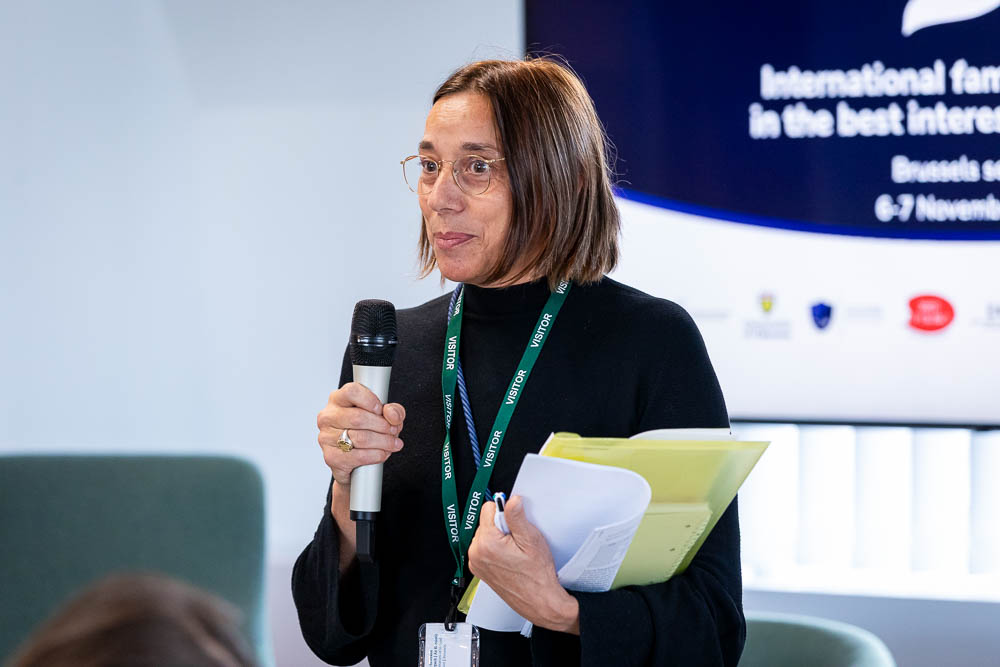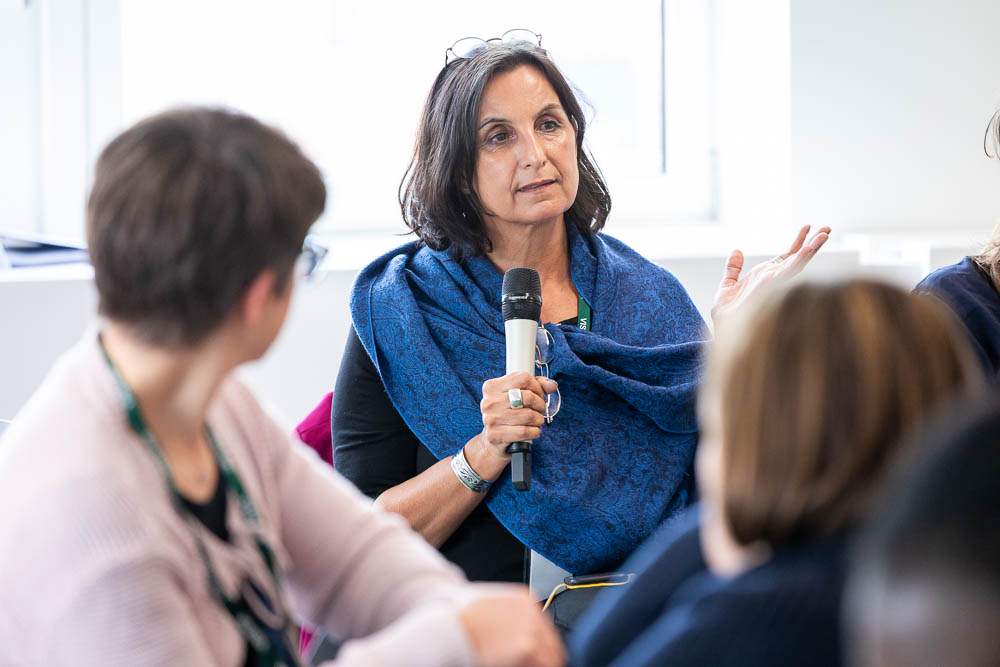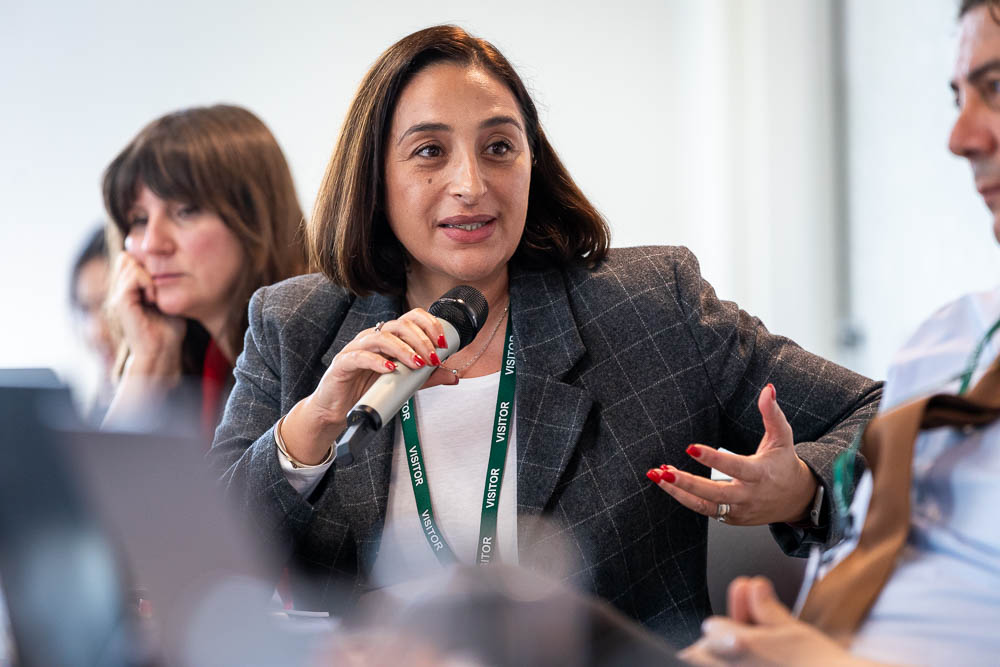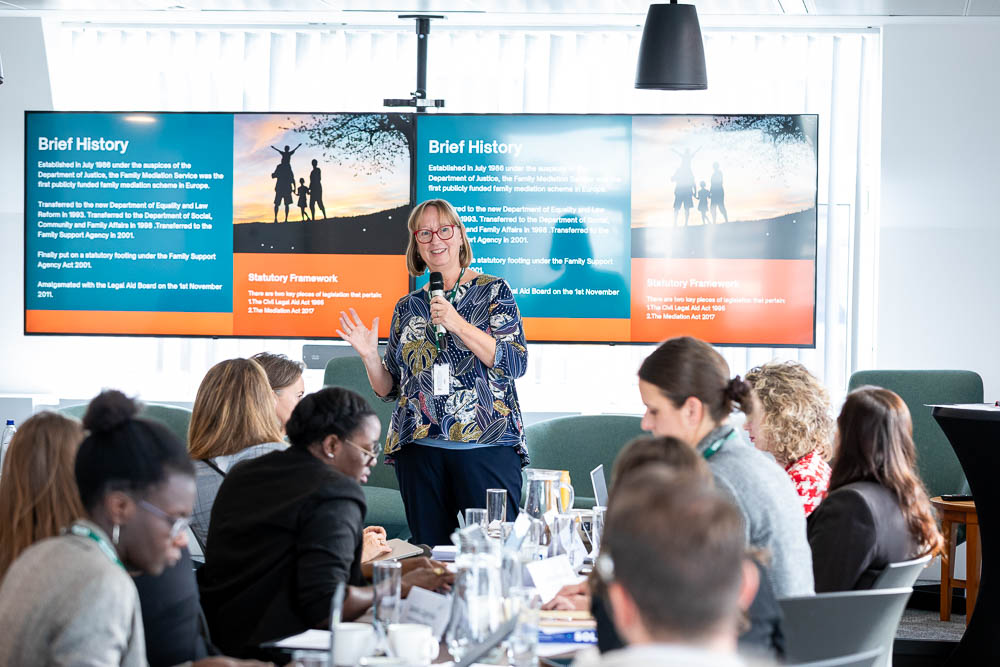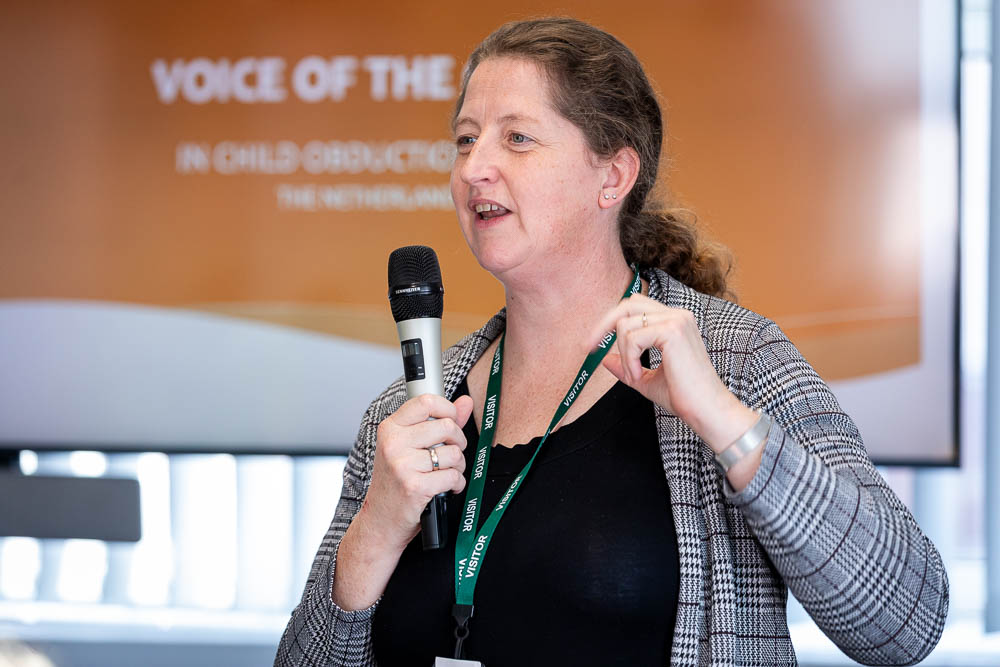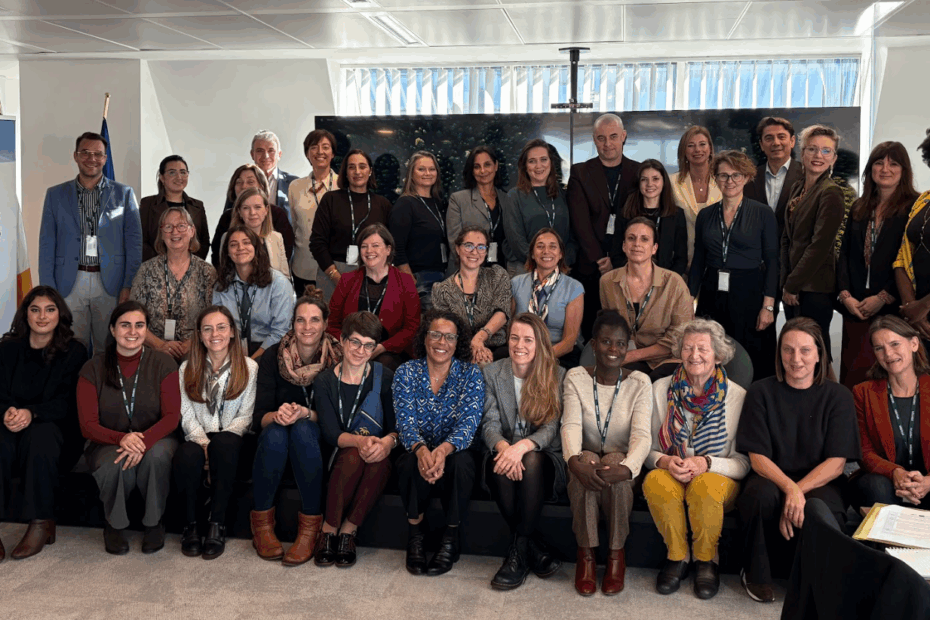Brussels, 6-7 November 2025
The iCare2 team hosted a two-day seminar on international family mediation at the Permanent Representation of Ireland to the EU in Brussels, bringing together over 30 leading experts, practitioners, and institutional representatives from across the European Union.
Hosted by Missing Children Europe in collaboration with Defence for Children International (Italy), the Law and Internet Foundation (Bulgaria), Droit d’Enfance – ISS France, ITAKA Foundation (Poland), and academics from the University of Genoa, Jagiellonian University Kraków, and the University of Versailles Saint-Quentin-en-Yvelines, the seminar brought together European experts, practitioners, and academics to examine how international family mediation can more effectively protect the best interests of the child in cross-border family and child-abduction cases. Rather than focusing on procedural updates alone, participants engaged in substantive discussions on law, practice, and child rights, highlighting several key themes.
A central part of the exchanges focused on the implications of the Brussels II ter Regulation, with speakers discussing how its provisions on judicial cooperation, return procedures, and mediation are being implemented across Europe. While the Regulation offers clearer pathways and stronger incentives for mediation, participants noted persistent variations between national systems and stressed the need for more consistent training and coordination.
The seminar highlighted the work being carried out within the iCare2 project, including the national reports on international family mediation in the partner countries and the updated iCare methodologies. Partners from Bulgaria, Italy, France, and Poland shared how they had adapted the guidance to fit their legal and institutional contexts. They also discussed ways to improve early access to mediation, focusing on structured pre-mediation support. The launch of the pre-mediation desks prompted conversations on how families can be guided, informed, and assessed before entering mediation, with examples from several countries showing how this approach can help reduce delays and enhance parental engagement.
A major theme concerned the child’s right to be heard. Legal experts, mediators, and guardians ad litem explored how children’s views can be incorporated meaningfully and safely, taking into account their age, vulnerability, and the pressures inherent in cross-border disputes. The discussions underlined the importance of skilled professionals and clear safeguards to ensure that participation is truly in the child’s best interests.
Participants also took part in a practical case-study exercise simulating an international family mediation scenario. The exercise encouraged discussion on applying the iCare methodologies, ensuring meaningful child participation, managing parental conflict, and integrating legal, social, and psychological considerations. It provided a hands-on opportunity to translate the seminar’s discussions into practical strategies.
Finally, the seminar addressed safeguards in situations involving domestic violence, where power imbalances and safety concerns require careful evaluation. Contributors agreed that mediation must only proceed under conditions that protect the wellbeing of both the child and the affected parent, reaffirming that child-centred mediation cannot compromise fundamental safety standards.
